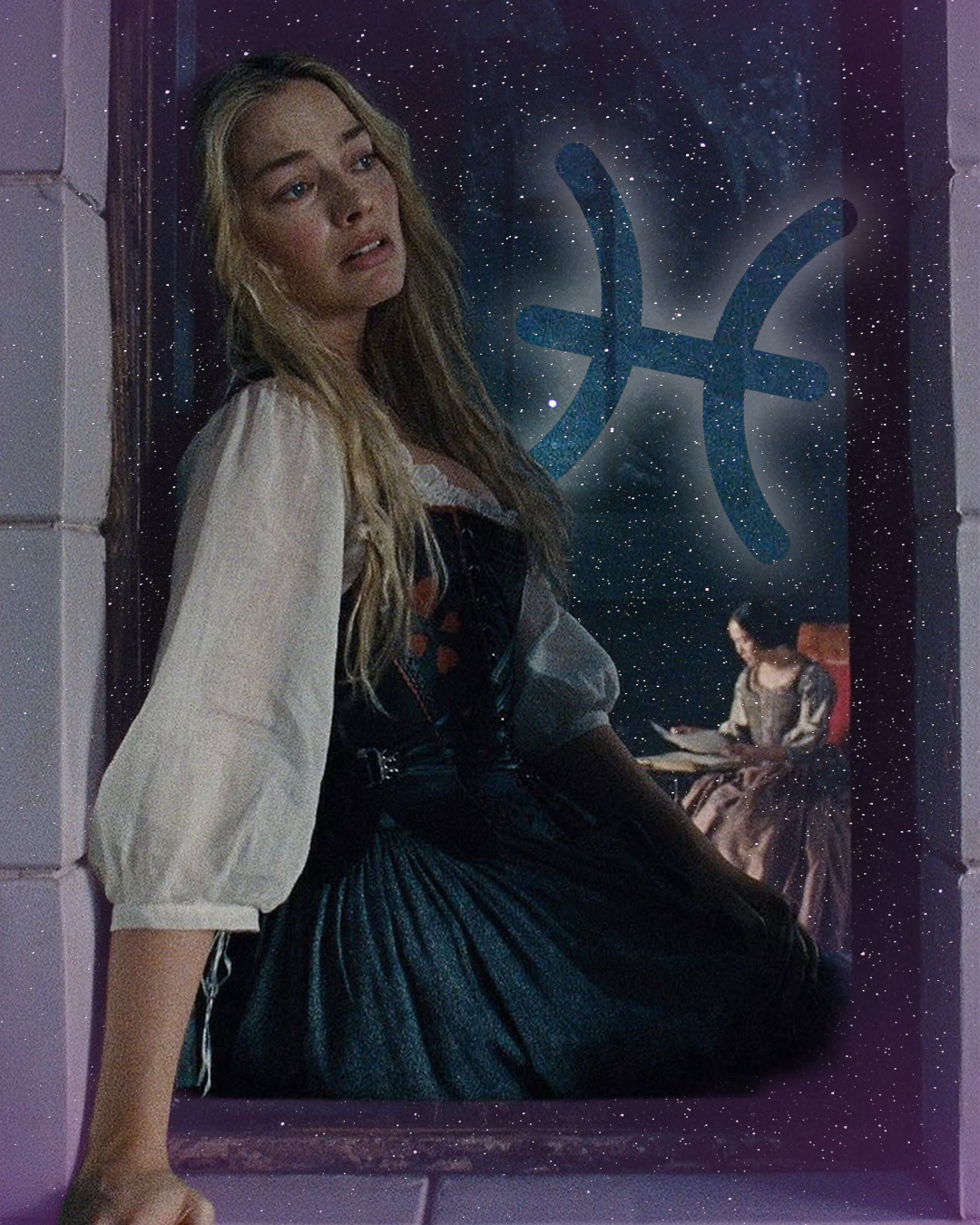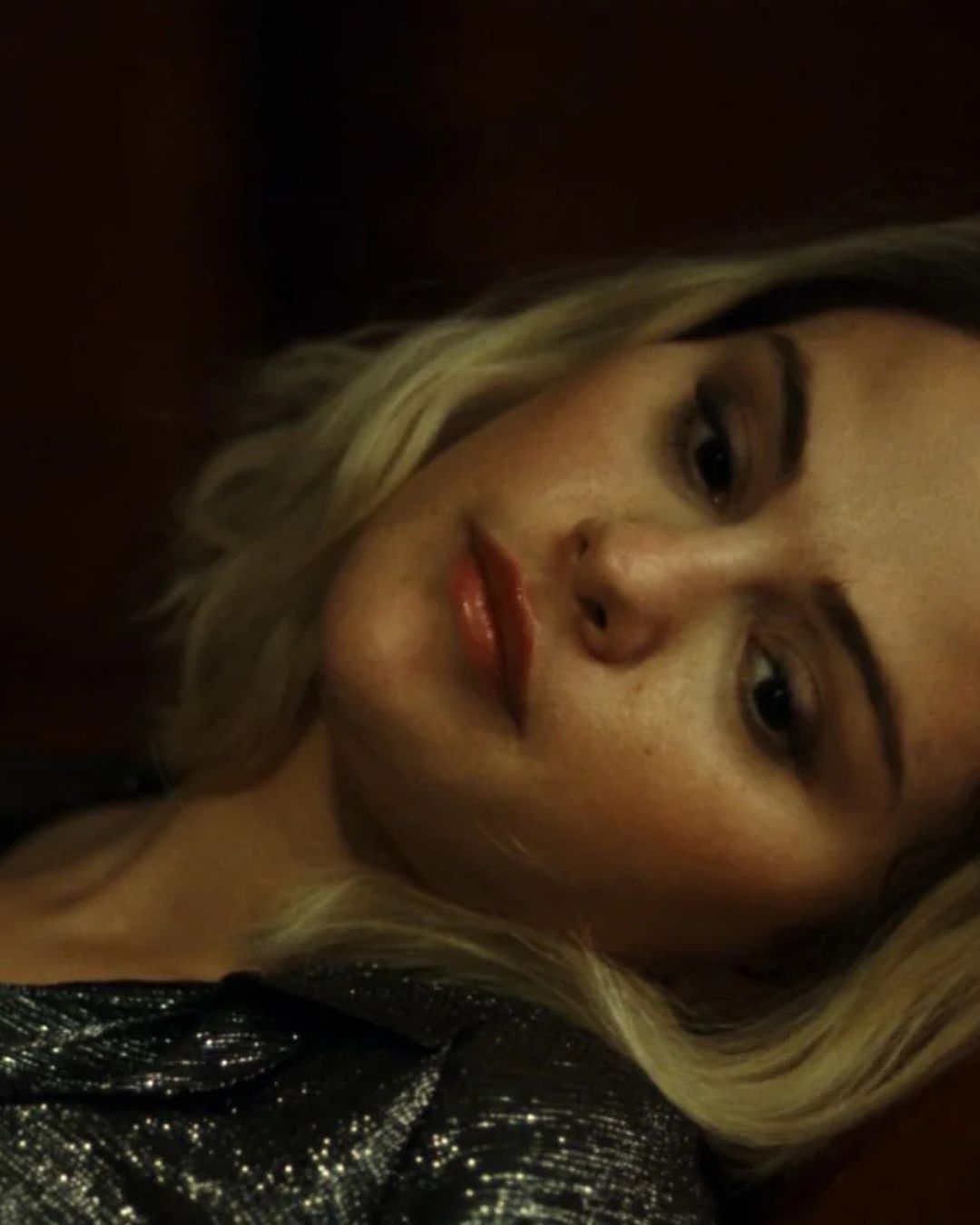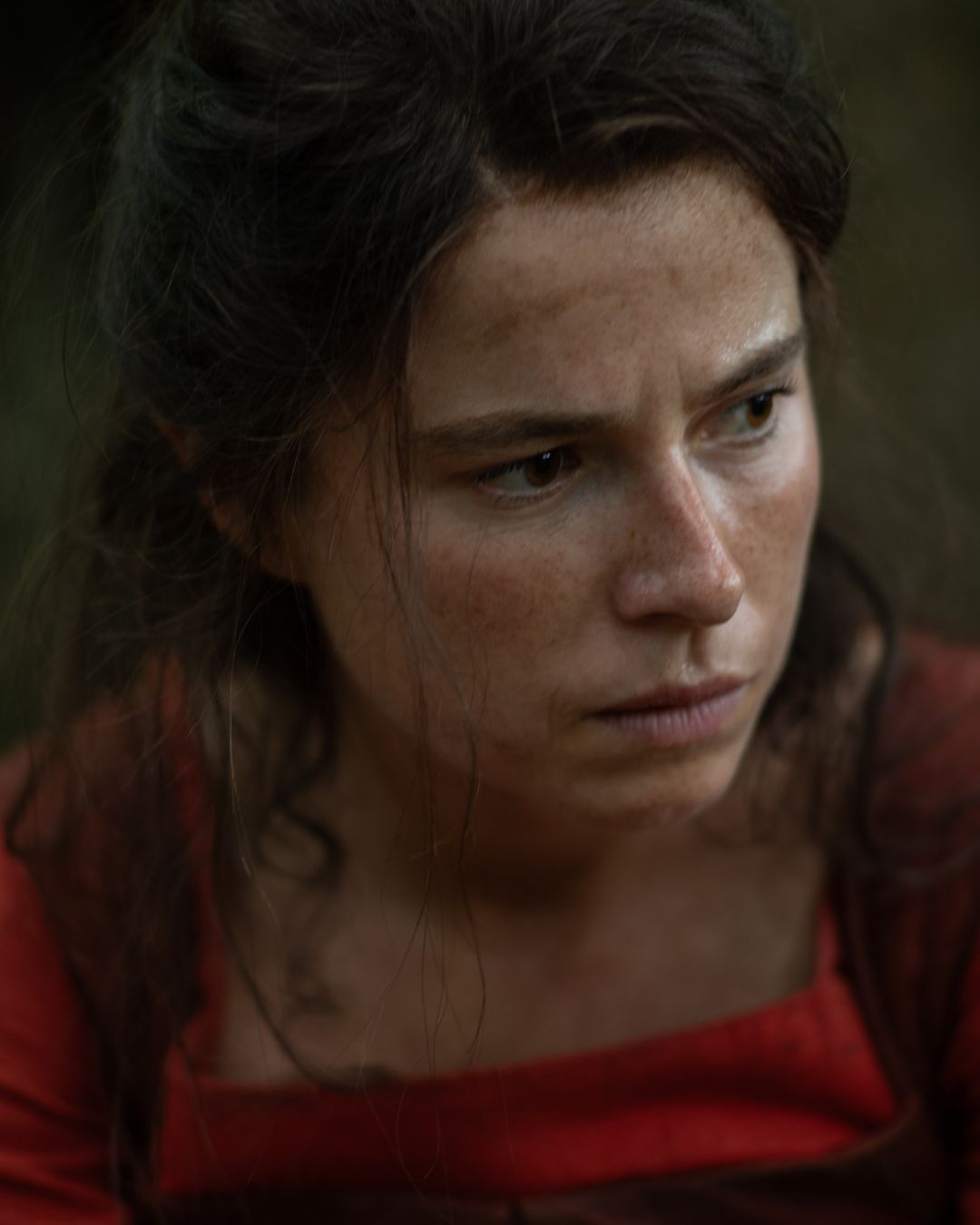
Il ragazzo dai pantaloni rosa: the true story, the controversies and the record-breaking box office The film, released last November 7th, has surpassed the number of viewers of Parthenope by Paolo Sorrentino
Italy continues to produce remarkable cinematic successes. From the second consecutive Golden Ticket for C’è ancora domani by Paola Cortellesi—a recognition never before awarded twice in a row to the same film—to the success of Parthenope by Paolo Sorrentino, which became the highest-grossing title of his career, surpassing even the Oscar-winning La grande bellezza. However, leading the Italian box office is another film that is carving out a significant space and attracting a vast number of viewers, particularly families. Few expected such a destiny for Il ragazzo dai pantaloni rosa, a film by Margherita Ferri starring Claudia Pandolfi, Samuele Carrino, Sara Ciocca, Corrado Fortuna, and Andrea Arru, especially after the unfortunate events that preceded its November 7 theatrical release.
Il ragazzo dai pantaloni rosa: The Plot
Based on a true story, this cinematic adaptation recounts the tragic tale of young Andrea Spezzacatena, who took his own life on November 20, 2012, at just 15 years old after enduring bullying and cyberbullying. The story was first told in a book written by his mother, Teresa Manes, and later adapted for the big screen. The film depicts the abuse Andrea suffered from his peers after wearing a pair of pants faded in the wash—originally red but turned pink—to school one day. The bullying, unknown to his family until later, included the creation of a Facebook page mocking him, titled "Il ragazzo dai pantaloni rosa," targeting his perceived homosexuality.
The Controversy Over School Screenings and Audience Reactions
What is most striking about the release of the film, written and produced by Roberto Proia, is how, 12 years later, societal attitudes towards gender conventions and solutions to bullying have made little progress. This was starkly evident during the film's preview at the Rome Film Fest, where it was presented in the parallel section Alice nella città and opened for school audiences. The screening was marred by mocking laughter, jeers, and openly homophobic remarks from the attending students, as reported by journalist Federico Boni of Gay.it. Teachers reportedly did nothing to address the disrespect and poor behavior, directed towards a story about a peer who chose suicide over living in a world of hatred and ridicule. This incident highlights the urgent need for the introduction of sexual and emotional education in schools to prevent such damaging behavior from persisting.
Il ragazzo dai pantaloni rosa: The Treviso Case and the Importance of Cinema
The controversy surrounding the film also extended to a middle school in Treviso, which initially canceled its participation in a planned school screening. This decision, prompted by a group of parents and teachers who deemed the themes unsuitable for 11- and 12-year-old students, was later reversed after teachers previewed the film to assess its appropriateness. This reaction underscores how cinema serves as a window to observe and understand the world, and a film like Il ragazzo dai pantaloni rosa offers an invaluable opportunity for discussion and reflection on critical issues before it’s too late.
The Italian Box Office Proves Its Worth
The reservations of some parents and cautious teachers ultimately failed to halt the film’s rise. Since its release, Margherita Ferri’s work has remained at the top of the box office, grossing €8,152,115 to date, surpassing Sorrentino’s Parthenope and becoming the highest-grossing Italian film of the year. This widespread reception prompted a heartfelt response from Claudia Pandolfi, who, in a video posted to her Instagram profile on November 10, thanked everyone who went to see Il ragazzo dai pantaloni rosa, expressing solidarity with those who have faced similar experiences.
























































